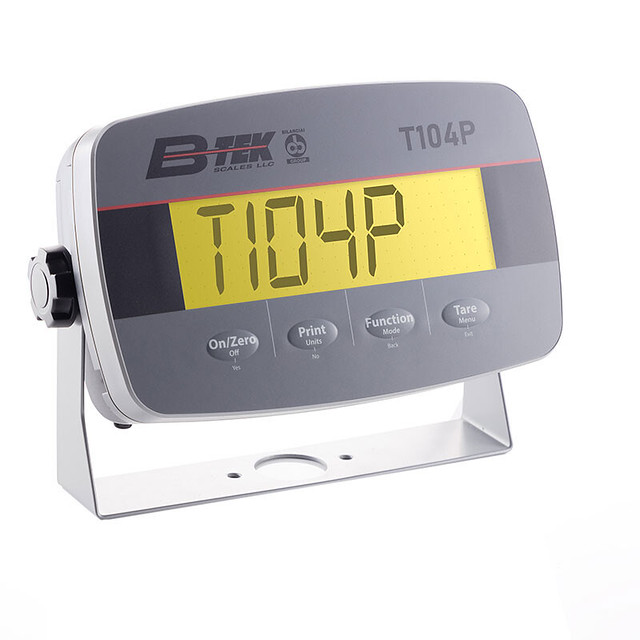Shipping Batteries Internationally: A Cross-border battery logistics Guide to Global Battery Transportation
Introduction:
In today’s interconnected world, the international delivery of batteries has become a crucial aspect of global battery transportation. With businesses and individuals requiring cross-border battery logistics, it is essential to understand the complexities involved in shipping batteries internationally. In this article, we will explore the manufacturing process, characteristics, advantages, usage methods, tips for selecting the right shipping agent company or international shipping forwarder when sending batteries overseas.
Manufacturing Process:
Before delving into the shipping agent company nuances of international battery shipment, let’s first understand how these energy cells are manufactured. International delivery of batteries Batteries are typically produced through an intricate series of chemical reactions inside a controlled environment. The exact method varies depending on the type of battery – be it NiMH (Nickel-Metal Hydride), Li-ion (Lithium-ion), or Lead-Acid.
Characteristics and Advantages:
Batteries possess unique characteristics that make them vital power international shipping forwarder sources across various industries. Their portability allows them to be used in electronic devices such as laptops, smartphones, electric vehicles, and even renewable energy storage systems.
The advantages offered by batteries include high energy density capabilities that enable prolonged usage without frequent recharging or replacement.
Furthermore,international organizations rely heavily on rechargeable battery systems due to their low maintenance requirements and cost-effectiveness over time.
Usage Methods:
When using batteries internationally,

it is essential to ensure compliance with relevant safety regulations.Certain types of lithium-ion batteries mjust adhere tp specific guidelines becau shipping batteries internationally se they pose inherent risks if not handled properly.Another key considerationis understanding proper packaging techniques.Batteries must be adequately insulated against vibrations,sudden impacts,and temperature shifts during transit.Other precautions include labeling packages with appropriate symbols like “Contains Lithium Batteries”an shipping batteries internationally d following any necessary procedures specified by carriers.
How to Select Shipping Agents/Companies:
Selecting a reliable shipping agent company or international shipping forwarder is paramount when transporting batteries overseas. Here are some tips to consider:
1. Experience: Opt for companies with considerable experi sending batteries overseas ence in shipping batteries internationally, as they are likely to be well-versed in handling the intricacies of battery transportation.
2. Safety Measures: Ensure that the selected company has robust safety protocols and is aware of the specific regulations governing battery shipments globally.
3. Tracking Capabilities: Look for a service provider capable of providing real-time tracking updates throughout the shipping process to ensure transparency and accountability.
Conclusion:
Shipping batteries internationally requires meticulous planning, adher Global battery transportation ence to safety regulations, and careful selection of shipping agents or companies specializing in global battery logistics.Such considerations are crucial in guaranteeing efficient deliveries while eliminating potential risks associated with improper handling or non-compliance.To ensure a hassle-free international delivery experience for your valuable energy cells, always prioritize reliable partners who understand the complexities involved in this special shipping batteries internationally ized field.


